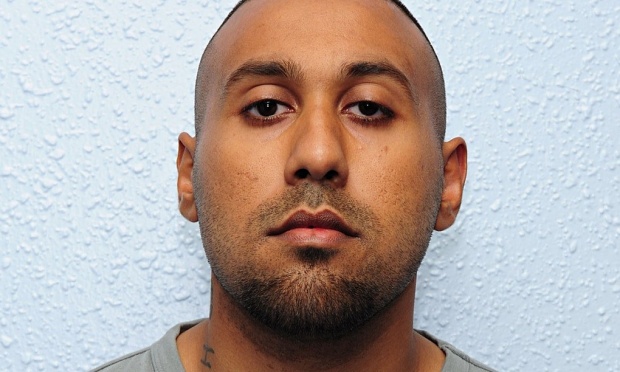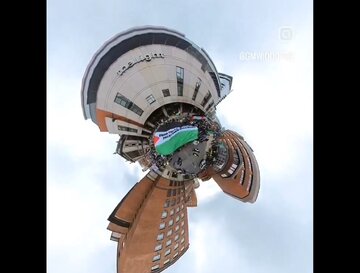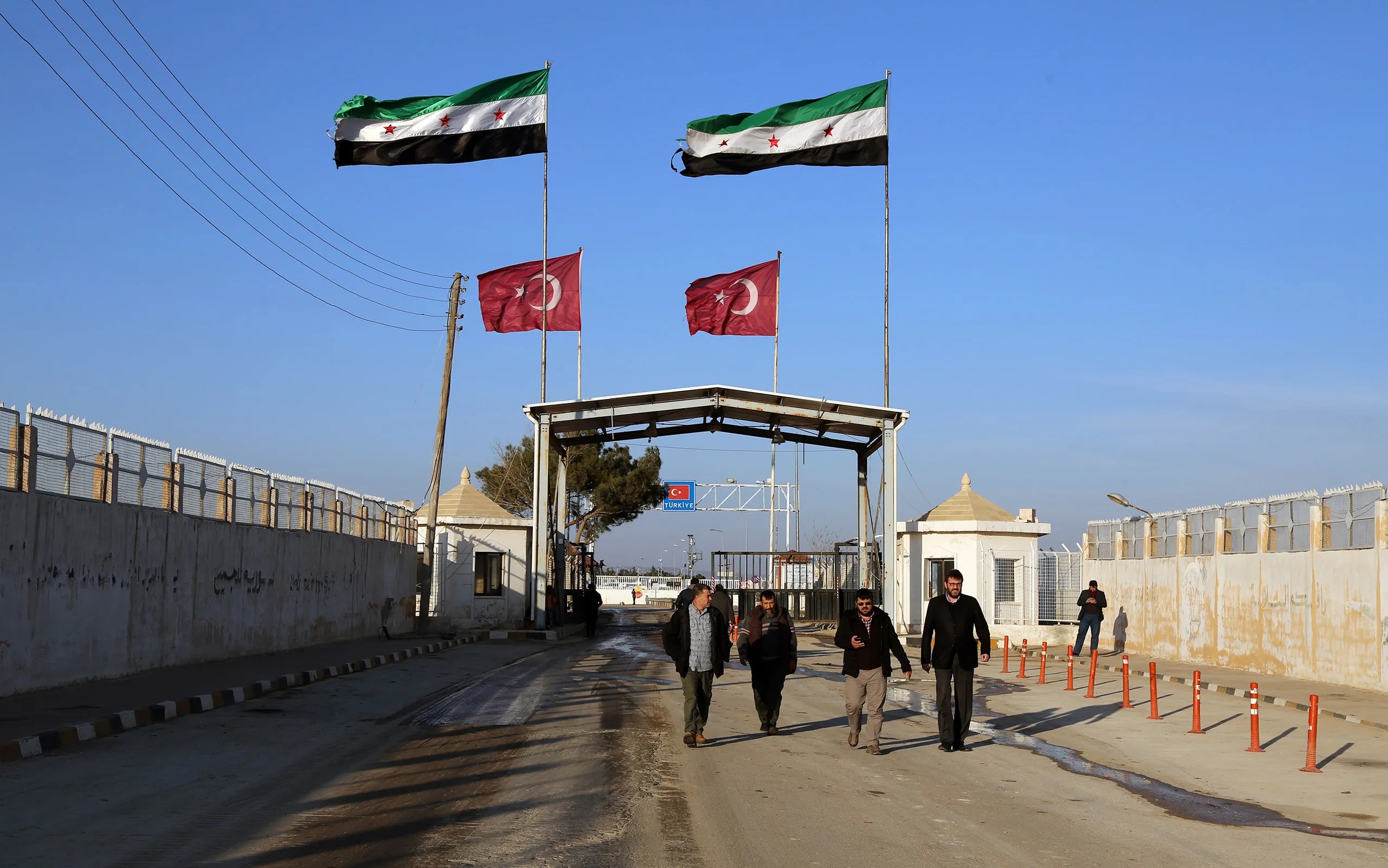A British fake jihadist, who appeared in “horrific and deeply disturbing” propaganda videos and faked his own death so he could return to the UK from a Syrian training camp, has been jailed for 12 years.
Imran Khawaja, 27, nicknamed “Barbie”, posed with severed heads, dead fighters and child soldiers during a six-month stint with Rayat al-Tawheed (RAT) insurgents in Syria last year.
But he told friends he had “had enough” of the conditions, and had complained about the lack of toiletries, cocoa butter, and condoms for the “war booty”.
The former immigration centre worker, from Southall, west London, was stopped by port officials at Dover trying to gain re-entry to the UK after telling friends he needed to raise further funds to support the RAT cause.
The bodybuilder pleaded guilty to preparation of acts of terror, for which he was sentenced to a 17-year extended term, comprising a 12-year custodial term before being released on licence. He will serve a minimum of eight years. He was also given seven-year terms for attending a terrorist training camp and for weapons training, and an 11-year term for possession of an article for terrorist purposes, which will all run concurrently.
Sentencing him at Woolwich crown court, judge Jeremy Baker described him as a “willing and enthusiastic” participant in the videos posted online for the so-called Islamic State’s propagandist arm.
Dismissing Khawaja’s claims that he had come home to see his family and that he had regretted his actions, the judge said he presented a risk to the public. “It is clear in the last few years you have been showing an increasing interest in terrorist material. You took part in the production of films designed to promote the so-called Islamic State cause and encouraging UK Muslims to join you in jihad. Your interest was sufficiently profound for you to travel to Syria to train for jihad. I’m also satisfied, by the time you decided to return to the UK, you had completed your terrorist training,” he said.
Khawaja showed no emotion as he was led from the dock. His counsel, Henry Blaxland QC, said Khawaja had a very low IQ and had been “indoctrinated” in the months before he travelled to Syria in January 2014.
Khawaja had resisted his family’s pleas for him to return to the UK. In messages to friends and relatives, he repeatedly lied about when he was coming home before confiding he was there to die a martyr, the court heard.
In one text exchange with his sister Azmeena, he told her to tell his family that he was doing charity work – “driving an ambulance der [Syria] or sumtin” (sic).
In reality, he was whipping up domestic support for his cause by appearing in harrowing footage and speaking publicly about his desire for actions. In one section of footage played to the court, prosecutor Brian Altman said, Khawaja could be seen picking up severed heads from the back of a flatbed truck and saying: “Heads. Kuffar (non-Muslims). Disgusting”.
His family tried to tempt him home by texting pictures of English food. At one stage Azmeena threatened to travel to Syria herself to fetch him.
At the time of his return, a series of newspaper articles published from 3 June reported Khawaja’s death based on RAT posts on Twitter and Instagram, which announced he “was killed in battle a few nights ago.” Those postings provided cover for his return to the UK on 3 June, said Altman.
When he was stopped at Dover he was with an older cousin, Tahir Bhatti, who had gone to rescue him, the court heard. The two were arrested when Bhatti, 43, a taxi company owner from Watford, Hertfordshire, admitted to border staff that the “road trip” the two purported to be returning from, was actually a rescue mission.
During his time in Syria, Khawaja told friend Asil Ali he needed toiletries and loo roll, and Ali sent a message to a friend saying Khawaja “needs cocoa butter, toothpaste, soap and condoms for the war booty”.
The prosecution said the messages between Khawaja and Ali hinted that he was returning to the UK to help with fundraising as his friends back home had failed to do so. Ali, 33, of Ealing, west London, pleaded guilty to entering into a funding arrangement for the purposes of terrorism after handing Khawaja £300, and was sentenced to a 21-month custodial term. Bhatti was also given 21-months for assisting an offender, reduced to 95 days for time spent in custody awaiting trial.
In a note to the judge, Khawaja said he had “nightmares” about his time in Syria and urged “the young men of Britain” not to “make the same mistake” he had.
Outside court, Commander Richard Walton of the Metropolitan police described the images and video footage of Khawaja in Syria as “horrific and deeply disturbing”.
“Khawaja chose to become a terrorist, engaged in weapons training in a terrorist training camp and faked his own death in order to conceal his entry back into the UK,” said Walton.
“This sentence sends a powerful message to those who plan or prepare acts of terrorism overseas or here in the UK.”
Deborah Walsh, from the Crown Prosecution Service, said: “Imran Khawaja’s actions are one of the most appalling examples of violent extremism that I have seen committed by British people returning from Syria.
“Photos and videos of Khawaja posing with child soldiers and severed heads defy the understanding of civilised people and paint a picture of a man who would stop at nothing to spread terror and hatred.”











